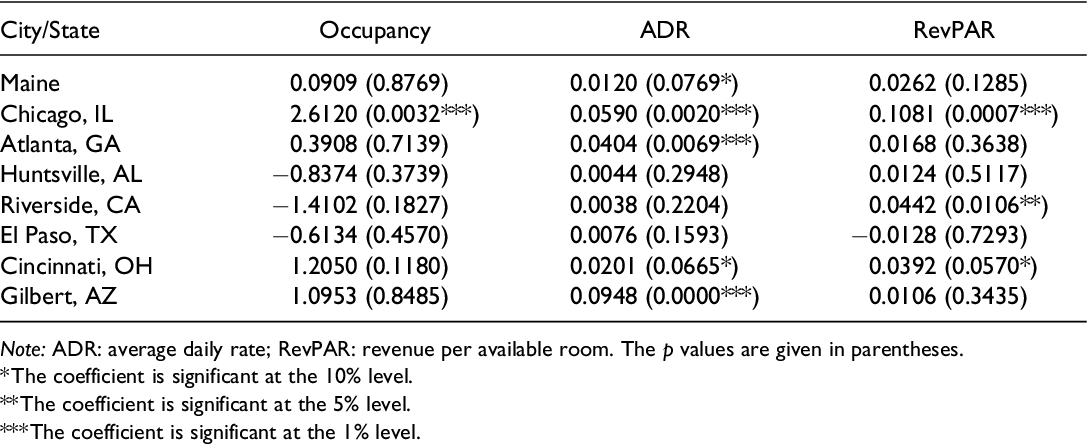Cities that hiked their tourism-related taxes did not see dips in tourism, according to researchers who studied the relationship between taxes and tourism in eight U.S. cities.
The study was published in the most recent issue of the journal Travel Economics.
From the study:
This study examined the impact of lodging tax increases on eight different destinations of the United States. Data were collected via in-depth stakeholder interviews and monthly statistics provided by Smith Travel Research including average daily rate, occupancy, and revenue per available room. Time series analysis was employed to estimate the impact of tax increases in each destination by analyzing that time series before and after the imposition of the tax. Overall, our results did not fully support the hypothesis that when a city’s hotel tax greatly increases above that of an easily accessible competitor, it will result in an economic loss to the city with the disproportionate tax rates. Hotels appear to have absorbed any tax increases with little impact to their businesses, but there was concern among stakeholders as to how the lodging tax was spent.



